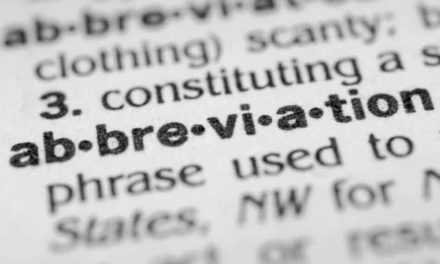Citing Others To Earn Citations in Turn
Earning citations demonstrates intellectual influence in a scholarly community and promotes careers, so it is no surprise that it is among the major goals of most academic and scientific authors. Many factors influence citations, but one that is perhaps not emphasised enough is the importance of citing the work of other scholars. In a world of electronic journal publication and immediate online access, citations create a complex and expansive network in which the articles of various authors are interlinked through shared and conflicting ideas. By including references to the papers written by fellow scholars, your paper becomes part of this vibrant intellectual network, and it is far more likely that it will be cited in turn. Citing to be cited is only an effective policy, however, if your citations are appropriate and done in a professional manner.
The first thing to keep in mind when citing and quoting the work of others is that accuracy is paramount. Misrepresenting the ideas and words of other authors does neither you nor the scholar you are citing a service, so check and check again to be sure that you are relating the ideas and, if relevant, reproducing the words you borrow with absolute precision. This accuracy should include clearly indicating exactly what has been borrowed through the placement of references, the use of quotation marks and special formatting, and, if necessary, careful explanation in your text. Most publishers and journals will have specific requirements for recording references and including quotations, so it is essential to consult the guidelines provided and adhere to the preferred styles, ensuring that you provide all the bibliographical information required.
Incorporating the ideas and words of other authors into your own writing in clear and meaningful ways can at times be challenging, but it is vital to do so. If a quotation, for instance, is simply typed in without any indication of how you wish it to be understood by readers, it will produce confusion instead of providing support for your argument, and it may also seem that you are quoting the passage simply for the sake of a citation. Explaining what the quotation means to you in the context of your discussion is the key, and this explanation can be included both before and after the quotation, setting the stage for the reader’s understanding and elaborating on specific points and interpretations. Remember to treat all words and ideas borrowed from other authors with respect, even if you do not agree with them, and to integrate quotations into your own prose seamlessly with appropriate punctuation and correct grammar.
Citing and quoting thoughtfully and with accuracy in a professional manner is no simple matter, so if you find that you are having trouble, asking a colleague or mentor who has successfully published his or her own writing to read your paper and comment on your use of the relevant scholarship is an excellent idea. You may also wish to engage the services of a professional academic or scientific proofreader who will be able to ensure that your citations and quotations maintain a high scholarly standard and consistently meet all of the requirements of the guidelines you are following.
You might be interested in Services offered by Proof-Reading-Service.com
Journal Editing
Journal article editing services
PhD Thesis Editing
PhD thesis editing services
Expert Editing
Expert editing for all papers
Medical Editing
Medical Editing Services
Research Editing
Research paper editing services
Book Editing
Professional book editing services

















